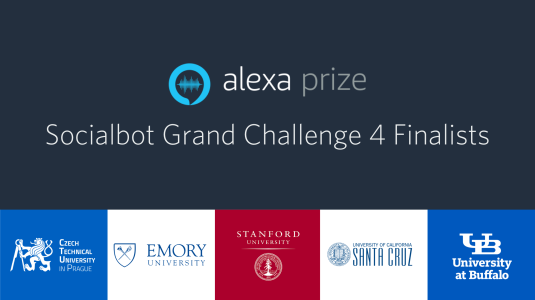We are seeking a Senior Manager, Applied Science to lead the applied science charter for Amazon’s Last-Hundred-Yard automation initiative, developing the algorithms, models, and learning systems that enable safe, reliable, and scalable autonomous delivery from vehicle to customer doorstep. This role owns the scientific direction across perception, localization, prediction, planning, learning-based controls, human-robot interaction (HRI), and data-driven autonomy validation, operating in complex, unstructured real-world environments. The Senior Manager will build and lead a high-performing team of applied scientists, set the technical vision and research-to-production roadmap, and ensure tight integration between science, engineering, simulation, and operations. This leader is responsible for translating ambiguous real-world delivery problems into rigorous modeling approaches, measurable autonomy improvements, and production-ready solutions that scale across cities, terrains, weather conditions, and customer scenarios. Success in this role requires deep expertise in machine learning and robotics, strong people leadership, and the ability to balance long-term scientific innovation with near-term delivery milestones. The Senior Manager will play a critical role in defining how Amazon applies science to unlock autonomous last-mile delivery at scale, while maintaining the highest bars for safety, customer trust, and operational performance. Key job responsibilities Set and own the applied science vision and roadmap for last-hundred-yard automation, spanning perception, localization, prediction, planning, learning-based controls, and HRI. Build, lead, and develop a high-performing applied science organization, including hiring, mentoring, performance management, and technical bar-raising. Drive the end-to-end science lifecycle from problem formulation and data strategy to model development, evaluation, deployment, and iteration in production. Partner closely with autonomy engineering to translate scientific advances into scalable, production-ready autonomy behaviors. Define and own scientific success metrics (e.g., autonomy performance, safety indicators, scenario coverage, intervention reduction) and ensure measurable impact. Lead the development of learning-driven autonomy using real-world data, simulation, and offline/online evaluation frameworks. Establish principled approaches for generalization across environments, including weather, terrain, lighting, customer properties, and interaction scenarios. Drive alignment between real-world operations and simulation, ensuring tight feedback loops for data collection and model validation. Influence safety strategy and validation by defining scientific evidence required for autonomy readiness and scale. Represent applied science in executive reviews, articulating trade-offs, risks, and long-term innovation paths.




















